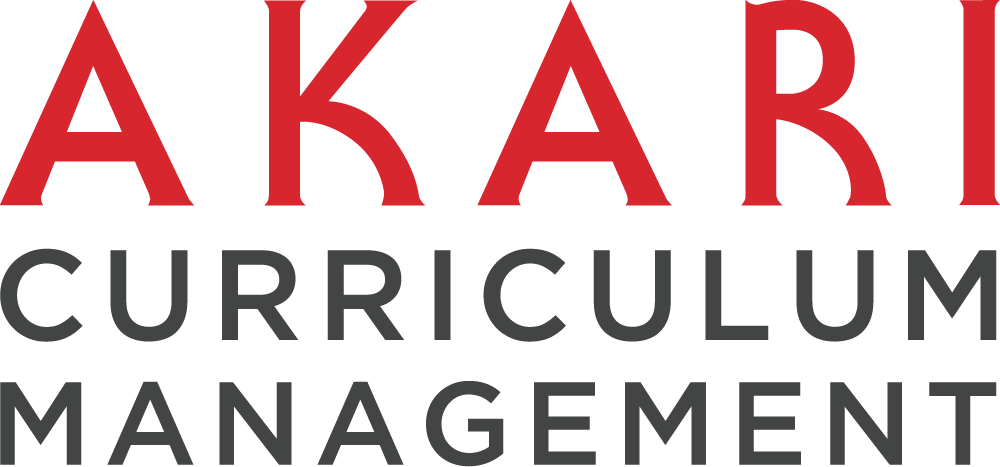Completing an accreditation process is more than a simple bureaucratic chore—it’s a strategic exercise that can shape the educational trajectory of your institution for years to come. Accreditation is a testament to an institution’s commitment to academic excellence and continuous improvement. But, accreditation preparation is complex and multi-faceted. From aligning your institution’s mission with educational effectiveness to developing a student-centric approach, the journey to accreditation is a marathon peppered with sprints of various criteria. Here, we’ll cover a guide tailored to ensure that each step prepares your institution not just for accreditation, but for a future of stellar education.
Understanding Accreditation in a Nutshell
Accreditation is a form of public recognition that the education provided by an institution meets certain standards of quality and rigor. It’s essentially a signal to the larger world that your institution subscribes to best practices in education and is committed to continuous improvement.
Why It Matters
The external validation of accreditation is crucial for several reasons:
- Eligibility for Federal Funds: Accreditation is a prerequisite for title IV funding such as student loans, grants, and work-study programs.
- Quality Assurance: Accreditation ensures a minimum level of educational quality and the accountability of the institution.
- Student and Public Confidence: Accreditation signals to prospective students, parents, and the community that your institution provides a reputable education.
Principles of a Successful Accreditation Journey
Before you can start ticking off the to-do list for accreditation, it’s important to recognize the core principles that underpin a successful accreditation experience. These are foundational to all activities and strategies you’ll develop.
Institutional Commitment
Accreditation cannot be treated as a mere procedural requirement. It calls for a profound institutional commitment to the process of self-assessment and to substantive change where necessary.
Continuous Improvement
Make it a mission to not just meet the minimum standards but to continuously improve the quality of education and institutional effectiveness.
Evidence-Based Self-Assessment
Your preparation should be driven by data and evidence, critically analyzed and systematically documented, to ensure a comprehensive self-assessment.
Areas of Focus on the Road to Accreditation
Diving deep into the nitty-gritty of accreditation, several areas need to be the focal points of your preparatory activities. Here are some key sections you cannot afford to overlook.
Educational Program Effectiveness
One of the core concerns of accreditation bodies is program quality. Each program needs a rigorous assessment of educational effectiveness and learning outcomes.
Student Focus
Take a student-centric approach. How does your institution ensure student success and support the diverse needs of learners?
Faculty Qualifications and Engagement
Your faculty plays a pivotal role in accreditation. From their expertise to their involvement in governance and curriculum development, they need to be fully invested.
Facilities and Learning Resources
Your physical and technological resources must meet the requirements of both the faculty and students for effective learning.
Best Practices for Accreditation Readiness
While there is no one-size-fits-all approach to accreditation readiness, there are universally effective best practices and strategies that can greatly facilitate the process.
Organize for Success
Establish clear governance structures, roles, and responsibilities to ensure that every part of your institution works together cohesively for the goal of accreditation readiness.
Engage Stakeholders
Ensure all stakeholders, from faculty to students to governing boards, understand the accreditation process, their roles, and the underlying principles.
Develop a Comprehensive Self-Study
Your self-study is your institution’s story. Make it comprehensive, truthful, and forward-looking. Use it as a tool for driving change and demonstrating your commitment to quality education.
Data-Informed Decision Making
All aspects of your institution’s operation must be informed by accurate and up-to-date data. This not only makes for sound educational policy but provides clear, defensible evidence for your accreditation readiness.
Evaluate and Improve Processes
Review and revise institutional processes with a focus on efficiency, effectiveness, and their impact on student success. Document and communicate these improvements as tangible signs of accreditation readiness.
Integrate Technology Wisely
Technology can significantly aid in data management, process improvement, and evidence documentation. Integrate systems that support accreditation targets seamlessly.
The Role of Technology in Accreditation
In an era where data and documentation are critical to proving educational excellence, technology plays a pivotal role in supporting accreditation tasks.
Automating Data Collection
Instead of drowning in spreadsheets and paperwork, utilize software solutions to automate the collection and analysis of critical institutional data.
Streamlining Reporting
Report writing is a significant part of the accreditation process. Technology can help you streamline reporting, making it more efficient and less stressful.
Long-Term Data Management
Accreditation is not a one-off event; it’s an ongoing process. Long-term data management solutions ensure you maintain your accreditation status with less effort each cycle.
Pitfalls to Avoid
The path to accreditation is lined with potential pitfalls that can derail even the most conscientious institutions.
Procrastination
Starting early is key. It takes time to aggregate and critically assess the data, develop and deploy action plans, and create a culture of continuous improvement.
Misaligned Priorities
Ensure that your efforts are focused on the accreditation criteria and the core mission of your institution. Don’t invest time and resources in areas that won’t directly impact your accreditation goals.
The Silo Effect
Effective accreditation preparation requires organizational cohesion. Don’t allow departments to operate in isolation; instead, foster a culture of communication, collaboration, and shared goals.
In Conclusion: The End Goal is Excellence
Accreditation can seem daunting, but at its core, it’s about ensuring that the education offered at your institution is excellent. Your students deserve nothing less, and your commitment to their success is ultimately what will drive the success of your accreditation efforts. Start early, stay organized, and align every aspect of your institution with the principles of accreditation. By doing so, you’re not just preparing for an evaluation; you’re creating a foundation on which your institution can thrive.
In the world of academia, accreditation is the gold standard by which institutions are measured. To achieve and maintain accreditation, your institution must be meticulous in its approach, strategic in its thinking, and above all, dedicated to the ongoing pursuit of educational excellence. The preparation for this milestone is not just a professional obligation, but a noble undertaking that speaks volumes about your institution’s commitment to its students and their future.






